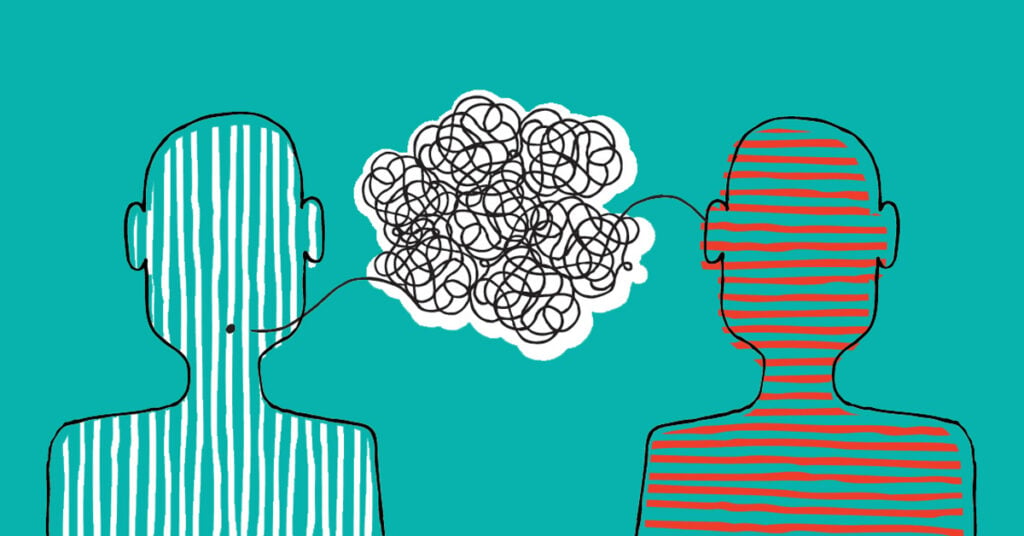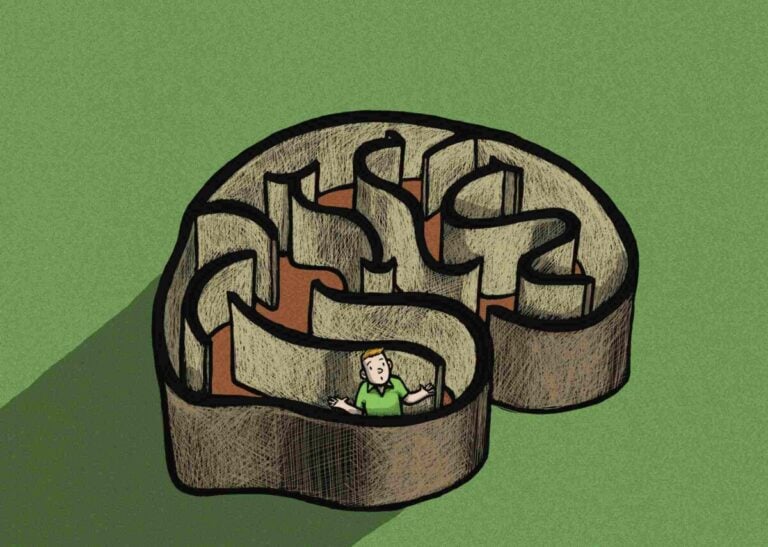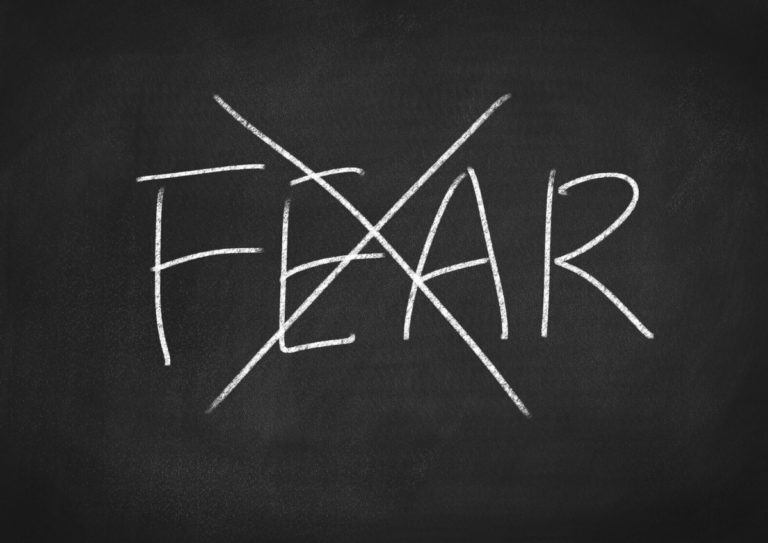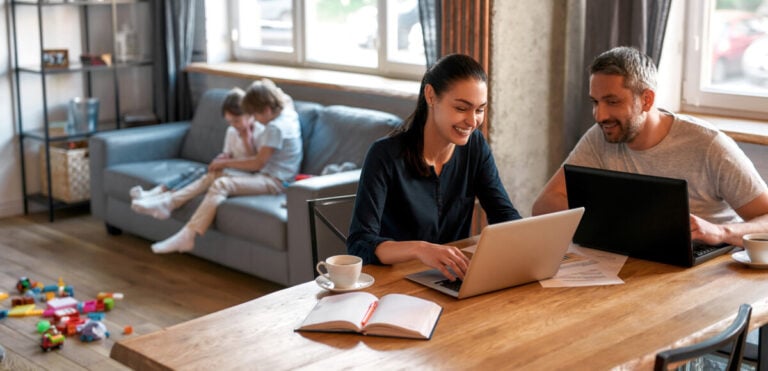Many people have difficulty communicating and socially interacting. Often these problems are associated with social fears – the fear of being judged, rejected, or looking stupid in the eyes of others. However, successful communication is an important component of a fulfilling and happy life.
Fortunately, there are certain secrets and strategies that can help you overcome social anxiety and become more confident in communication. Let’s take a closer look at the main ones.
Positive thinking

In fact, these fears often have no basis in reality. People with social phobia are simply poor at interpreting neutral or even benevolent behavior from others, attributing to them an intent to judge or reject.
It is important to learn to recognize and challenge negative automatic thoughts that arise in communication situations. For example, if you are afraid of making a mistake in a conversation, remind yourself that everyone sometimes makes slips or inaccuracies in statements. This is normal and does not make a person stupid or insecure.
If you’re worried that the other person might reject or judge you, remember that most people are actually kind to others and are willing to accept each other’s imperfections. Moreover, even if someone does not appreciate you, this only speaks of his narrow-mindedness, but does not in any way affect your value as a person.
It’s also helpful to remind yourself that communication is an interaction between equal partners, not an exam. You are simply sharing a part of yourself, your thoughts and feelings, to get to know each other better. There are no right or wrong answers, only open, honest exchange.
If you practice challenging negative thoughts and replacing them with more realistic, positive attitudes, over time you will begin to automatically think in more constructive ways. And this will significantly reduce anxiety and improve your sense of self in communication situations.
Gradual immersion

It is best to start with small but regular “immersions” in communication situations. This will allow the brain and body to adapt to social interaction in a gentle manner.
For example, you can start with online communication in comments, chats or social networks. This is a safer environment where it is easier to control your emotions and reactions.
Another good option is short conversations on neutral topics with store clerks or cashiers. Such interaction is usually quite formal and does not imply the establishment of close relationships.
When you feel that you are becoming a little more confident, you can move on to longer dialogues – discuss the weather with your housemate or ask a few questions to a stranger at a bus stop.
Next, when conversations with strangers no longer cause severe anxiety, try to resume communication with old acquaintances – classmates, old friends, colleagues. You already have a common history and fond memories with them, which will make interaction easier.
This gradual approach will help you build positive experiences in social interactions and significantly improve your self-confidence. You will be able to remember basic communication skills in a more gentle manner and avoid the risk of sudden stress and the return of social anxiety.
Development of social skills

It can be very helpful to sign up for communication skills training or ask a psychologist to work with you on this. A specialist will help you identify your strengths and problem areas. And then develop strategies to improve your skills.
For example, you can learn to better support small talk – short dialogues on everyday topics. This is a key skill for establishing contact with unfamiliar people. It is also useful to develop the ability to ask questions – this shows your interest in the interlocutor.
It is very important to master the art of active listening. You need to not just silently wait for your turn to speak, but demonstrate attention and understanding of the interlocutor’s words – nod, provide emotional support, ask clarifying questions. People like to feel heard and understood.
It is also worth paying attention to non-verbal communication – eye contact, smile, open posture. These factors create a positive emotional background of interaction.
Of course, it is better to consolidate new skills in practice. Try to regularly train them in everyday communication – with friends, colleagues, acquaintances in the store. Over time, they will become habits and help you feel comfortable in a variety of social situations.
Overcoming the fear of evaluation

To overcome it, it is important to understand and accept the fact that every person is unique. Everyone has different tastes, values, expectations and standards. Therefore, it is impossible to please absolutely everyone. No need!
Instead of wasting energy on meeting mythical “ideal” criteria, it is better to focus on accepting and expressing your individuality. Those who truly want to connect with you will appreciate your authenticity.
It is also important to remember that many people are concerned with the way they think about themselves. They may seem critical, but in reality they are simply feeling their own insecurities. Deep down, most people around us are not that hostile.
If someone expresses openly negative assessments, this rather speaks of his bad manners and narrow-mindedness. Such criticism should not offend you, because it does not come from wise life experience, but from immaturity. Think about whether the opinion of such people about yourself is really important to you?
And finally, the main thing is to learn to appreciate and accept yourself, with all your strengths and weaknesses. Your self-esteem should be built from within, and not depend on the approval of others. You are worthy of love simply because you are human. And only you have control over how happy and fulfilling your life will be.
Self-disclosure

Sharing something personal shows trust and makes it clear that you are open to a deeper relationship. When people feel that they are understood and accepted with all their differences, they relax and also begin to open up more.
Of course, you shouldn’t immediately tell your interlocutor your most intimate feelings and traumatic experiences. Start with less personal topics – interests, hobbies, favorite movies or books. Tell a funny story from your life or share some thoughts.
The main thing is to share sincerely, not to impress, but out of a desire to become closer. People value authenticity and often respond positively to such open, vulnerable communication. This helps build an atmosphere of friendliness and trust.
Of course, you need to maintain a sense of proportion and not overload a person with too much personal information right away. Self-discovery is a journey, not a sprint. Gradually, step by step, you can allow yourself to become more open so that your relationship gains true depth.
Flexibility

However, actual social interaction is always lively, spontaneous and unpredictable. To feel comfortable in it, you need to develop the ability to respond flexibly to changing circumstances.
Helps expand the range of social behavior. You can experiment with different roles in a safe environment – for example, in a training session or in an online game. Try yourself in a new role – become cheerful and playful or, conversely, serious and reasonable.
It is also useful to develop improvisational abilities. Ask a friend or psychologist to role-play unexpected communication scenarios with you. For example, a friend suddenly breaks bad news. Or begins to behave strangely and aggressively. This practice will help you relax and respond better to spontaneous turns in the conversation.
Of course, flexibility does not mean complete unpredictability. Confident people maintain a core of character and values. But they are ready to adapt to circumstances for the sake of harmonious communication. This ability will make you a more comfortable conversationalist for others.
So, we looked at the main strategies for overcoming social anxiety:
- Positive outlook and constructive internal dialogue;
- Gradual immersion in social interaction;
- Development and practice of communication skills;
- Overcoming fear of evaluation through self-acceptance;
- Openness and moderate self-disclosure;
- Behavioral flexibility and improvisation.
By applying these secrets, you can significantly increase your self-confidence and enjoy your interactions more. Don’t be afraid to experiment and gradually expand your comfort zone. Remember that people value friendliness and authenticity much more than perfect eloquence.
I wish you pleasant discoveries on the path to free self-expression and joyful interaction with others! You will definitely be able to overcome social fears to truly reach your potential. Good luck!















